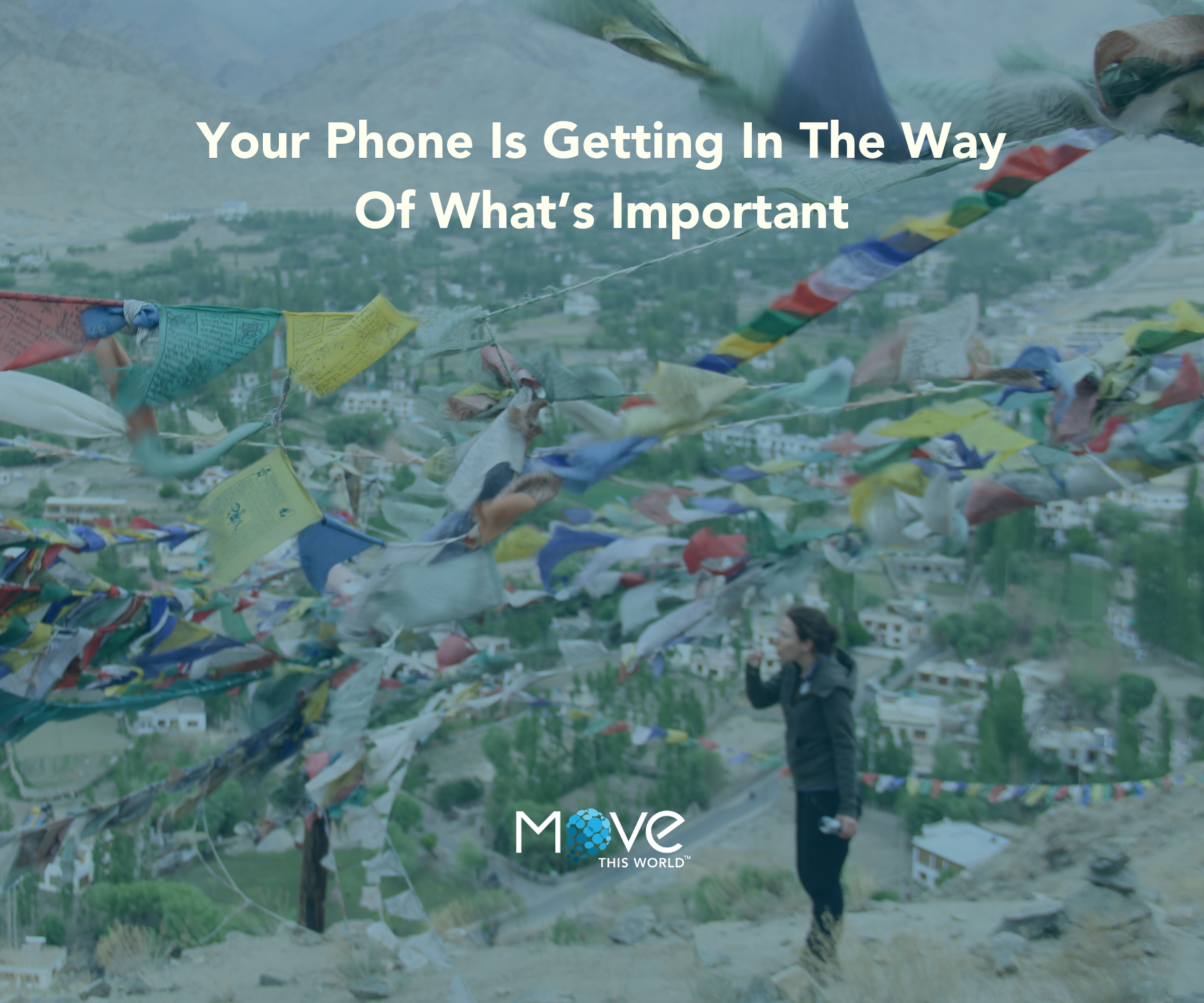
What’s the first thing you do when you wake up in the morning?
If you’re like most people, you reach for your phone. This habit is all too easy to fall into given the fact that our phones often serve as our alarm clock, news outlet, and a means to stay socially connected with friends and family. It’s tempting to begin the day by quickly checking in on the day’s headlines or scrolling through your inbox. The habit can easily be disguised as productivity, but in reality, starting off the day with screen time can put a barrier between yourself, your daily goals, and the people around you.
The same thing is true when we walk into a staff meeting early. Almost everyone is focused on what’s going on in their personal world–or perhaps more accurately, in our echo chambers–instead of what’s going on with the people sitting right next to us.
How can we support our colleagues if we have no idea what they are experiencing? How can we let our coworkers know what we need help with when we haven’t taken the time to process it ourselves?
The problem goes far beyond work. In one study, just having a phone on the table between people (think, during a date) led to lower quality conversation and less empathy between participants, even if the phone was never touched.
Smartphones can be an incredible tool for productivity and communication, but only if they’re used intentionally. Unfortunately, these devices are designed to keep our attention, and they’re incredibly effective at doing so.
We’re all going to fall down the occasional rabbit hole on social media, but here are three ways to make sure our smartphones don’t become a black hole.
1. Create Some Distance
Part of the problem with smartphones is that they’re right in our pocket. It’s so easy to reach down and check social media on an elevator, or on the bus, or waiting for a meeting to start. It’s also an easy distraction if we get stuck at work.
2. Get Offline and Unplug
When I take a real vacation, I am totally offline. I am only on my device when I travel for work or short engagements. Really unplugging on vacation allows me to fully let go and be present where I am.
3. Disconnect From Social Media
Social media affects our everyday life and emotions. Whether we post or browse, we are infiltrated with other people’s thoughts, views, and opinions. It all goes into how we see the world and the way we see ourselves. Removing the app from your home screen or deleting your account altogether helps to establish boundaries.
By constantly distracting ourselves with what other people are doing and what other people are saying, we miss opportunities to identify what’s going on with ourselves and the people around us. Conversely, when we are intentional with our time, our work and our social lives improve because we are fully present to experience the highs and handle the lows life throws at us every day.
At the end of the day, the most important relationships in life are with yourself and the people closest to you. Your ability to cultivate, enjoy, and support those relationships is greatly diminished by the presence of a smartphone.
So when you wake up tomorrow, try setting an intention for the day with your actions. If today needs to be about you, don’t spend the morning on your phone.
This article was originally uploaded to EdWeek Market Brief on December 13th, 2018.

